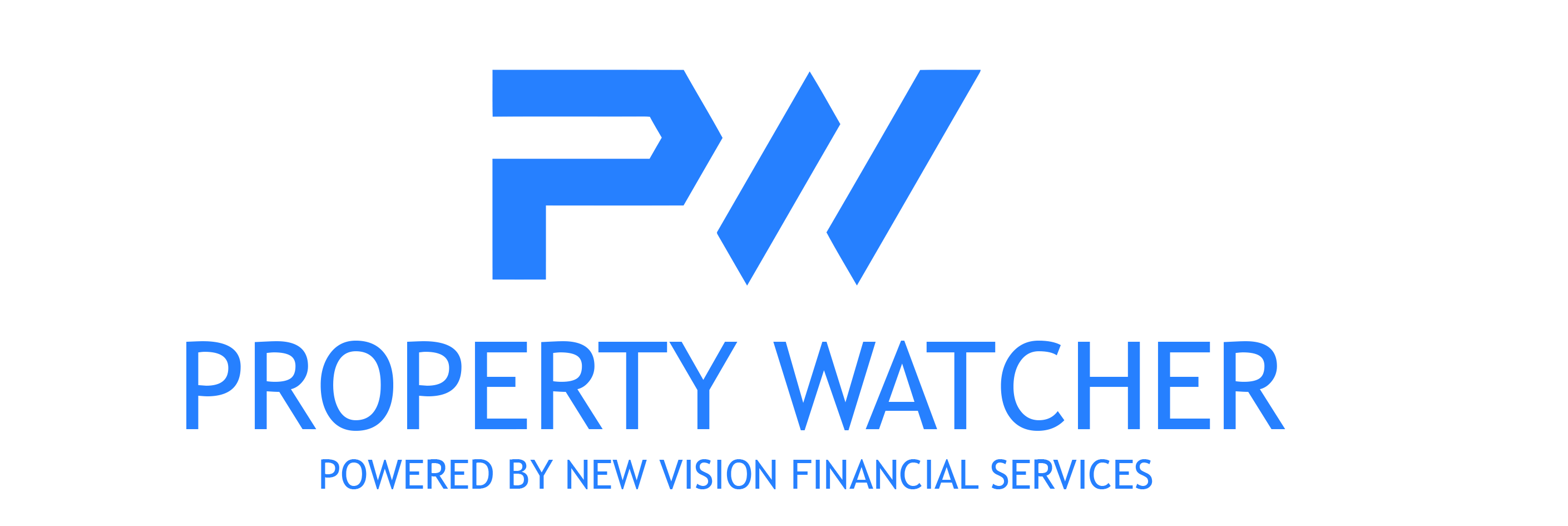How much deposit do you need to buy a home?
Most lenders typically require a 20 percent deposit to secure a home loan. For example, to buy a $500,000 home, you would need a $100,000 deposit. However, some lenders may let you borrow up to 90 percent of the property’s value.
If your deposit is less than 20 percent and you need to borrow over 80 percent, it’s worth talking to a mortgage adviser. They can guide you through alternative options to suit your situation.
Setting a budget
Start by creating a budget to see what you can realistically afford in mortgage repayments. Make sure to include regular expenses along with home ownership costs such as insurance, council rates, interest, body corporate fees (if applicable), and maintenance. These costs will vary based on location and property type.
Mortgage calculator
Once you’ve worked out a budget, try using a home loan calculator to estimate your monthly mortgage repayments. The amount may be more than your current rent, but remember, each repayment goes towards owning an asset. If you feel comfortable with the repayment amount, you’re ready to look at financing options
Pre-approved finance
Getting finance pre-approval from a lender gives you a clear idea of your price range when house hunting. Banks can assess your income and financial commitments to give you a pre-approved loan amount (within certain terms). This becomes the maximum you can spend on your new home.
Use a mortgage advisor
A mortgage adviser can compare options from different lenders to help you find the best deal. Their fees are typically covered by the lender, so it’s no extra cost to you. Mortgage advisers have the expertise to suggest loan structures and products that fit your needs, helping you make one of your biggest investment decisions confidently.
Additional funding options
If you’re a first home buyer, you might qualify for a first home owner grant, which varies by state, so check what’s available in your area. If your savings aren’t enough, you may want to consider shared ownership or a guarantor loan, with help from friends or family.
For existing homeowners, the equity in your current property might also help with financing a new purchase. If you’re interested in these options, a mortgage adviser can provide more details on how to proceed.
By exploring these steps, you’ll be well-prepared to start your journey towards homeownership with confidence.
As a real estate agent, I’m here to guide you through every step of the process, ensuring a smooth and stress-free experience. Ready to take the next step? Reach out today, and let’s make your dream of owning a home a reality!
The post Sorting your finances: A practical guide to buying your own home first appeared on New Vision Real Estate.
